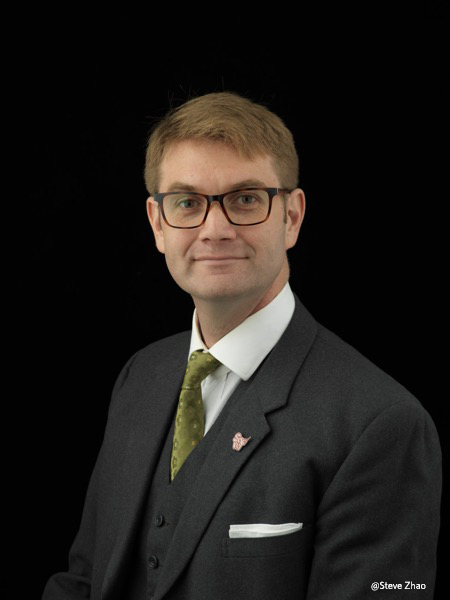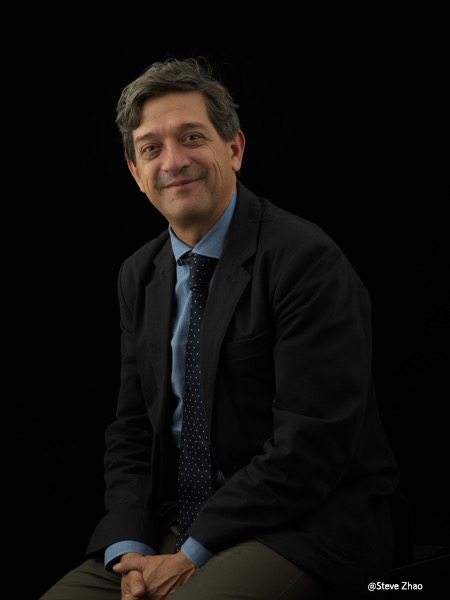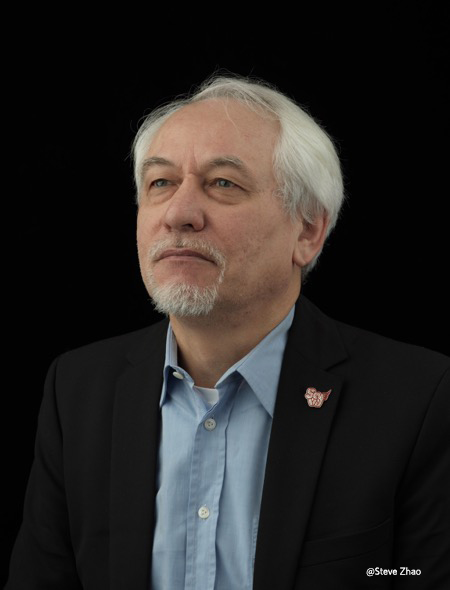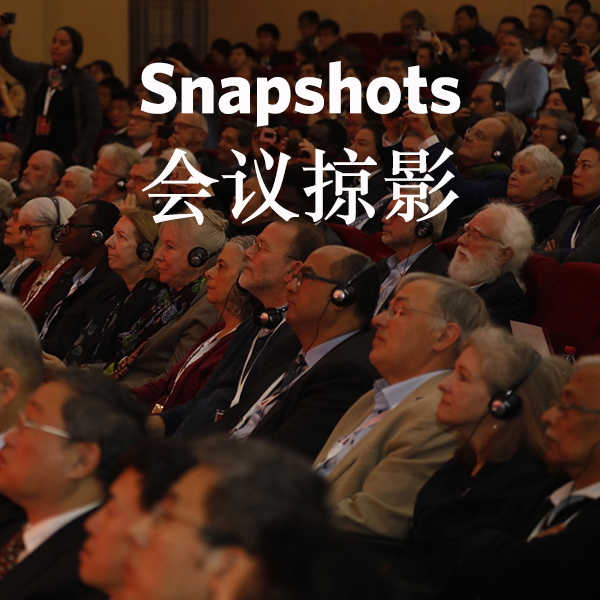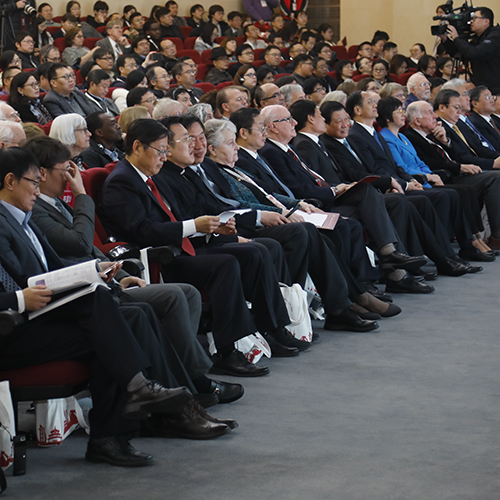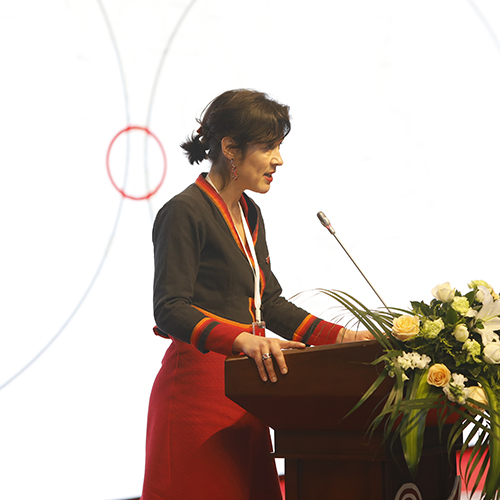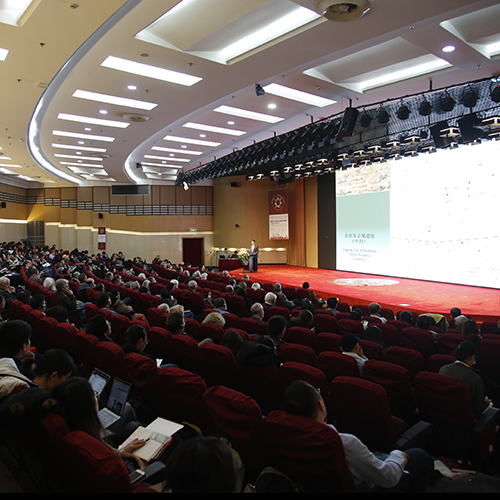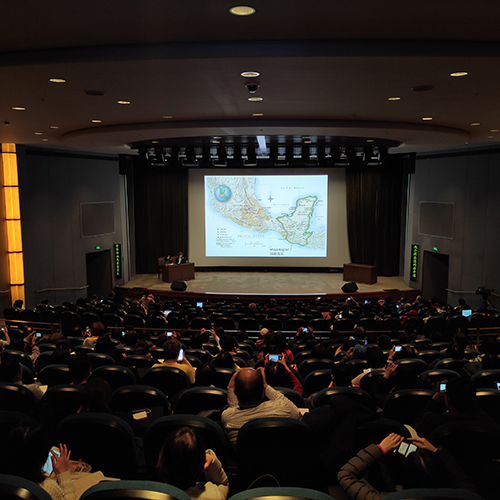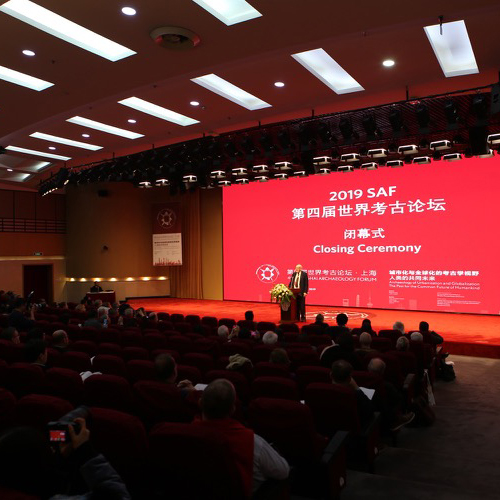

FIRST CIRCULAR
THE 6TH SHANGHAI ARCHAEOLOGY FORUM
15-18 December 2025
Shanghai, China
TECHNOLOGY, SOCIETY, AND ARCHAEOLOGY
Established in 2013, the Shanghai Archaeology Forum (SAF) is a global initiative that promotes the investigation, protection, and utilization of the world’s archaeological resources and heritage. It serves as an international platform to illuminate the significance and relevance of archaeological research to the world today. The forum is fully committed to excellence through innovation and cooperation and to the sustainable development of human society.
The 6th Shanghai Archaeology Forum will beheld from the 15th through the 18th of December 2025 in Shanghai, China. It is organized by the Institute of Archaeology at the Chinese Academy of Social Sciences, Department of Archaeology NCHA, Shanghai University, and Shanghai Academy, under the auspices of the Chinese Academy of Social Sciences, National Administration of Cultural Heritage, and the Shanghai Municipal People’s Government.
THEME
The past two years (2024–2025) have witnessed another historical leap in information processing technologies during the digital era. Artificial intelligence systems anchored in big data models—from ChatGPT to DeepSeek—have demonstrated explosive breakthroughs, starkly illuminating the chasm between future technological trajectories and historical precedents. For archaeologists, the accretion of historical data remains the bedrock for identifying patterns of human societal evolution embedded within material records. The transformative advancements in multimodal large language models (LLMs) are fundamentally recalibrating traditional epistemological frameworks in archaeology, compelling scholars to re-examine the discipline’s ontological foundations and methodological apparatus.
As a core element of human civilization, technology has perpetually engaged in intricate and profound interplay with social development. From Oldowan lithic technologies to quantum computing in the Information Age, technological systems have consistently served as catalysts for sociocultural transformation. By reconstructing chaînes opératoires from material remains, archaeological research elucidates not only the intrinsic logic of ancient technological evolution but also provides a unique lens through which to comprehend the historical symbiosis between technology and society. Contemporary technological revolutions are driving methodological innovations in archaeology, enabling refined investigations into ancient technological systems. Such trans-temporal dialogues offer critical insights into the sustainable development of human civilization.
The reconstruction and analysis of ancient technologies remain perennial concerns in archaeological inquiry. Confronted with material evidence of past societies, archaeologists must first interrogate the technical know-how of artifacts. During early human evolution, technological progress was inextricably linked to shifts in toolmaking and energy utilization strategies tied to subsistence economies. Revolutionary changes in subsistence practices typically heralded the advent of the Neolithic. As a total social fact, technology serves as a microcosm of social relations, deeply embedded within its sociocultural milieu and exerting bidirectional influences—both generative and destabilizing. Consequently, technological transformations invariably precipitate synchronous social changes, ultimately catalyzing the “Urban Revolution” and the emergence of proto- civilizations and early states. Post-Industrial Revolution technological developments have exhibited exponential acceleration, marked by qualitative leaps in energy harnessing technologies that birthed novel production relations and increasingly complex sociopolitical structures.
The integration of multidisciplinary approaches has become a hallmark of contemporary archaeology. The rise of archaeological science represents a paradigmatic breakthrough in methodology. Chemical analyses of artifacts and human remains have unveiled intricate networks of human-object interactions that once spanned ancient societies. Advancements in analytical scales—from macro to micro—allow archaeologists to transcend superficial material observations and probe the economic mechanisms underpinning ancient social operations. Digital technologies facilitate virtual reconstructions of ancient ruins, democratizing archaeological knowledge dissemination. Meanwhile, big data integration across global archaeological databases empowers scholars to transcend the deluge of historical records, enabling more comprehensive and reliable cross-cultural macro-analyses.
In the ceaseless dialogue between technology and society, archaeology persists as an indispensable interlocutor. Contemporary research has revealed the nonlinear trajectories of technological development, dismantling the binary opposition between technological determinism and social constructivism. Breakthroughs in AI-driven decipherment of extinct scripts herald archaeology’s entry into an era of human-machine collaboration. This temporal dialogue not only deepens our understanding of civilizational trajectories but also furnishes historical analogues for navigating modern techno-ethical quandaries. In an age of accelerating technological iteration, archaeology—with its unparalleled temporal depth—reminds us that innovation must emerge as an organic extension of cultural continuities rather than a schismatic act of self-alienation.
THE FORUM’S OBJECTIVES
The 6th Shanghai Archaeology Forum has three primary objectives: (1) to celebrate the excellence of archaeological research by presenting projects of distincion to those individuals and organizations that have achieved distinction by making major discoveries and producing innovative, creative, and rigorous works in the recent two years (2024-2025); (2) to promote archaeological studies of technology and social development; and (3) to encourage active engagement with scholars across different continents and disciplines as well as the public in addressing the challenges of technological breakthroughs for our shared future.
We kindly invite scholars worldwide from archaeology and other relevant disciplines to participate in the 6th Shanghai Archaeology Forum for an engaged discussion regarding challenges in the archaeological study of technology and social development from transdisciplinary and long-term perspectives. The discussion emphasizes but is not limited to, the following issues: methods and theories in the archaeological study of technology and social development, ancient craftsmanship, chaînes opératoires of artifact manufacture, technological transmission across time and space, learning process and apprenticeship, technological innovation and human adaptation, technological choice and cultural identity, craft specialization and standardization, interdisciplinary approaches into technology, integration of cutting-edge digital technologies in archaeology, cognitive archaeology, experimental archaeology, ethnoarchaeology, application of virtual reality (VR) in cultural heritage conservation and reconstruction, etc.
CONTACT
Office of the Shanghai Archaeology Forum Institute of Archaeology
Chinese Academy of Social Sciences
1 North Road of National Stadium, Chaoyang District Beijing 100101, P. R. China
Email: office@shanghai-archaeology-forum.org
Website:shanghai-archaeology-forum.org













